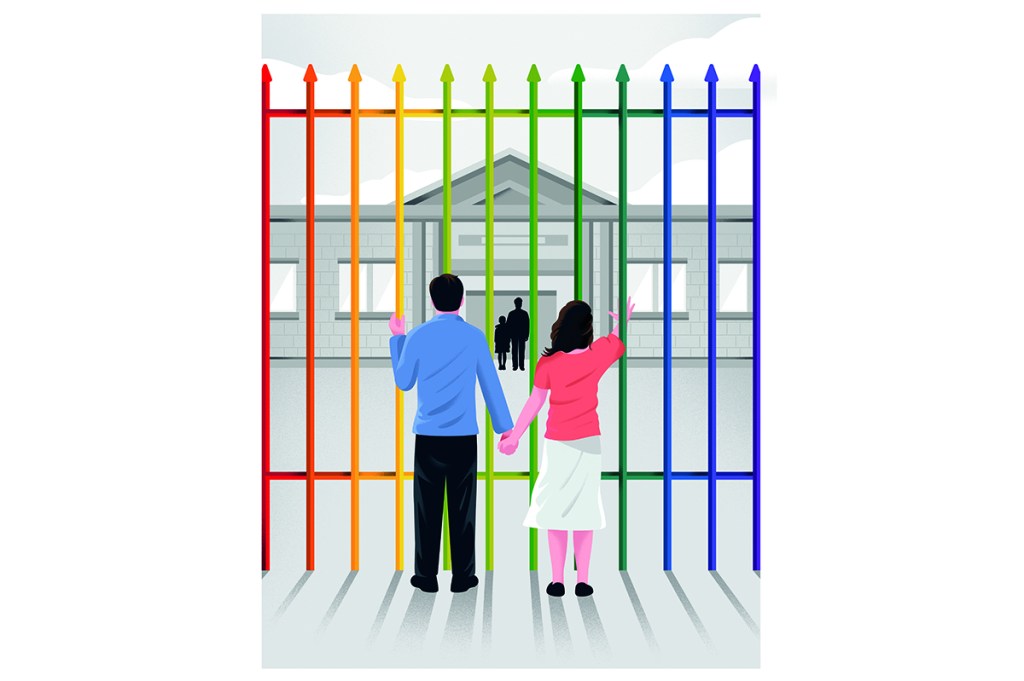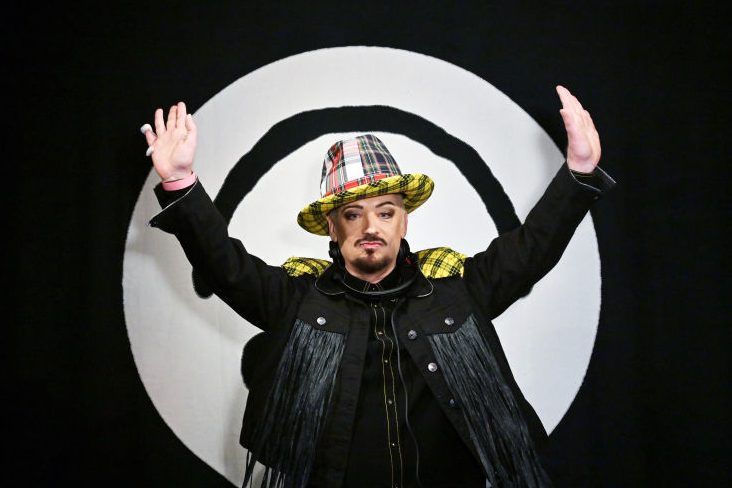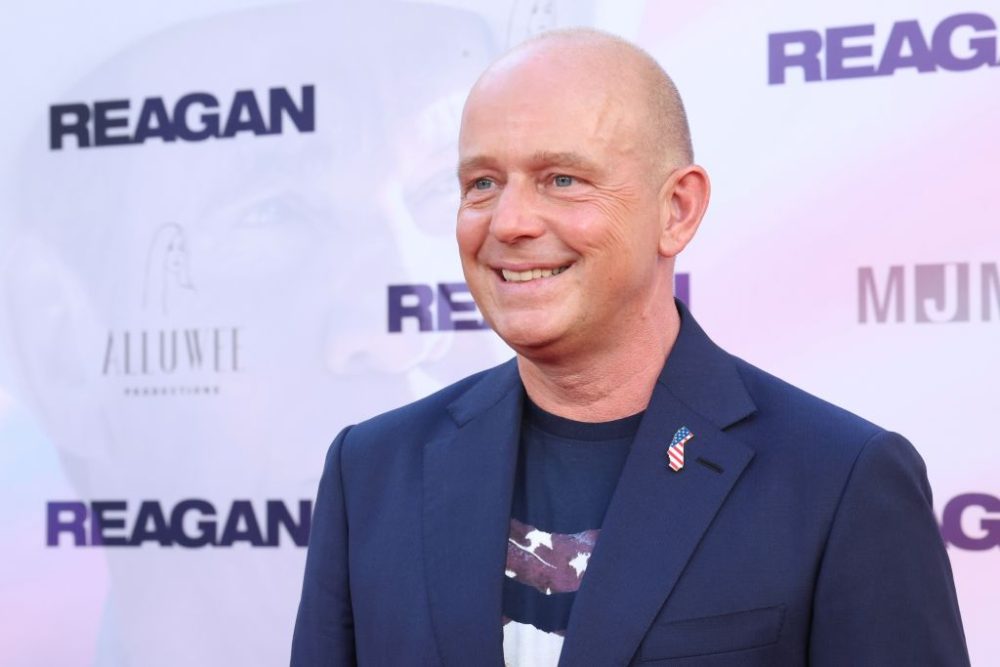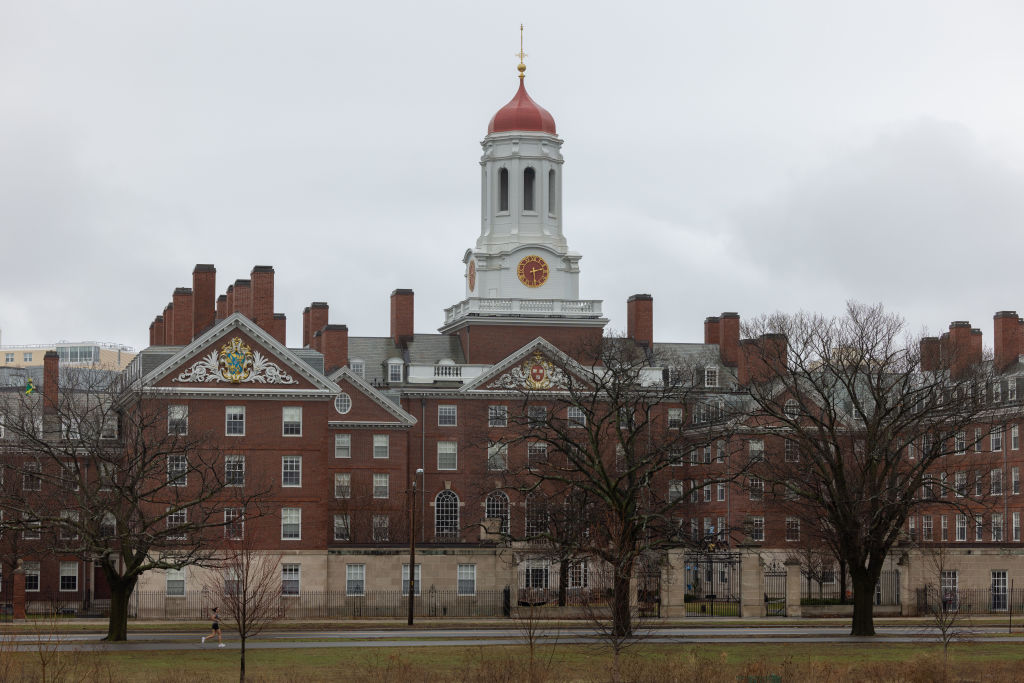Yaeli Galdamez was a “girly girl,” her mother Abigail Martinez said in a recent interview. As a child growing up in El Salvador and California, she dressed in princess costumes and later had crushes on boys. But after she was bullied for her appearance in middle school, Yaeli began developing symptoms of depression. In eighth grade, she attempted suicide by overdosing on pills. Her mother was desperate to get her the help she needed.
So as a sophomore Yaeli began regularly seeing the psychologist at her local high school. But the family says that her counseling for depression was accompanied by a focus Abigail knew nothing about: the school psychologist spent two years encouraging Yaeli in a male identity, Andy (sometimes Andrew). Her mom didn’t know, either, that Yaeli had joined a student LGBTQ group.
Though her depression diagnosis was flagged in school records, a 2016 Department of Children and Family Services report described the sixteen-year-old as “healthy, with no medical problems,” further noting that “Andrew states he looks forward to taking male hormones and eventually getting surgeries to become male.” The school psychologist emphasized transgender identity, stating that Yaeli “was very sure of who he was.” The psychologist felt confident that Yaeli’s problems were mostly environmental. “His mother is highly religious,” she told DCFS during their investigation, according to a Department report. “I believe Andy needs to be in an environment where he’s accepted for being transgender.”
Would that it were so simple. Abigail and her daughter Katherine maintain that the family had tried to accommodate Yaeli’s masculine preferences. They called her “Jay,” and her mom took her shopping for boys’ clothes. Only none of it worked in addressing her underlying depression. Katherine says that Yaeli’s trans identity “wasn’t ever consistent”: she said she was bisexual, then gay, then straight, then transgender. Abigail saved Yaeli’s name in her phone as “God perfect plan” [sic], explaining that she did not want to use the name “Andrew.” This was a compromise they could both accept.
At fifteen, Yaeli was hospitalized again after being rescued from a freeway overpass by police. Yaeli claimed she had been left distraught after an argument with her mother about her masculine haircut, and made allegations of both physical and emotional abuse against her, which her three siblings strenuously denied. Abigail believes Yaeli was coached by an older, trans-identifying friend into saying extreme things in order to be removed from the home.
Evidently, the accusations had the desired effect. In 2016, the DCFS declared the allegations of emotional abuse against Abigail “substantiated” and placed Yaeli in a group home. (Curiously, Abigail — whom the judge deemed a threat to Yaeli — was permitted to retain custody of her other minor children and to continue working as a nanny.)
While Yaeli was in the group home, Abigail was only allowed brief, monitored visits. “The social worker told me I couldn’t talk about God,” she tells me. “If I did, I would not see my daughter.” But Abigail’s faith is what kept her going. Katherine said it offered some comfort for Yaeli, too. Yaeli continued to voluntarily attend church with the family, even after she was in the group home.
The inconsistency in Yaeli’s behavior continued. “We’d have a great visit,” Katherine tells me. “And I felt we were seeing a little bit of Yaeli back… But then at court, or [when] we’d get the report from the social worker… it was a completely different story from the time we spent.”
Still, the director of DCFS, Philip L. Browning, was confident the situation would improve after Yaeli underwent gender transition. “Fortunately, child Andrew will receive a lot of education and support on transgender issues,” he wrote in his report. “His group home has made an appointment with the Children’s Hospital Transgender program, and they have already had a meeting with the non-profit RISE program [an LGBT activist organization] which offers individual and family group counseling.” Once Yaeli was in the custody of the state, a judge overruled Abigail’s objection and authorized Yaeli to start testosterone treatment. Katherine explains that the state paid for the treatment until Yaeli turned eighteen, at which point she was on her own.“They left her halfway,” Katherine says.
By the time Yaeli was living independently, at nineteen, Katherine says she was in constant pain from the drugs. “These hormones cause changes in your body,” Katherine says. “Her joints, her muscles, she had asked my mum for CBD oils to help relax because she would just be in so much pain.” Abigail still had contact with Yaeli. She dropped off food and reassured her, “I’m always there for you.” In one text reply, Yaeli told her, “I haven’t told you this often but I’m really happy to have you as my mom. You mean the world to me.”
On August 2, 2019, DCFS wrote to Abigail to say that the three-year-old allegations of emotional abuse that had resulted in her loss of custody rights had been changed from “substantiated” to “inconclusive.” The gesture was too little, too late. Yaeli’s mental health was deteriorating. The next month, the nineteen-year-old took her own life by kneeling in front of a freight train.
All sorts of issues come into focus when you look closely: if the problem had really been Yaeli’s family, her condition would have improved in state custody and after she began transition treatments. And yet the opposite happened. Why did DCFS concede there was no proof of Abigail’s being abusive three years after Yaeli had been taken from her care? Does the county intend to apologize for or explain the misclassification that resulted in the loss of Abigail’s custody rights?
I tried asking them. But instead of answers, I received a generic statement about how they “aggressively pursued the implementation of inclusive, gender-affirming laws, policies and supportive services for LGBTQ+ youth.”
Publicly treating a child as if they were the opposite sex, or “social transition,” is a frequently used major mental health intervention for the condition known as gender dysphoria. It is also highly controversial, not least because it makes it less likely that a child will accept her natal sex by the end of adolescence, and more likely that she will continue on to irreversible drugs and surgeries.
Social transition is not something that American school psychologists or counselors are qualified or authorized to recommend or support. Only a child’s parent has the right to direct mental health treatment or intervention unless its authority has been removed by a court of law. But more and more often the law is flouted, and there is a growing backlash.
In the case of the Martinez family, a judge did remove Abigail’s parental rights — though DCFS later acknowledged the allegations justifying this decision were “inconclusive.” However, we also saw, in that case, the devastating consequences when school personnel, aided by child services, play parent, doctor and judge.
“I was going to school for psychology at the time,” Yaeli’s older sister Katherine tells me. She was therefore familiar with the diagnostic criteria for gender dysphoria as it appears in the American Psychiatric Association’s DSM-5: “Clinically significant distress or impairment related to a strong desire to be of another gender.” Yet the school wasn’t interested in discussing the matter. Exploring the possibility of gender dysphoria would mean “admitting to there being something else than her just being transgender,” Katherine explains. “So, with us directly, they never spoke of it — it was very much, ‘She’s transgender, you need to accept it.’” As far as her family are aware, Yaeli never received an official diagnosis of gender dysphoria — even after she was in a group home.
Vernadette Broyles is the president of the Child and Parental Rights Campaign, a legal group. She says that the fundamental right of parents to direct the care, upbringing, and education of their own children is protected by the United States constitution. Nevertheless, across the country, activist organizations such as Equality Florida are “misleading school boards and school officials” by undermining parents’ most fundamental rights.
Take the CPRC’s recent Tallahassee lawsuit on behalf of the Littlejohn family. When Jeff and January Littlejohn’s thirteen-year-old daughter began experiencing gender confusion, they communicated to the public school that they did not consent to their daughter being treated as if she were a boy. Later, they discovered that, behind their backs, school personnel had had secret meetings with their daughter, asking which restroom she wanted to use and what sex she wanted to board with on overnight trips.
When the Littlejohns demanded to know what other meetings school personnel had been having with their daughter, the school responded that they were prevented “by law” from sharing that information. When asked which law they were referring to, administrators cited a set of assertions in their school district’s LGBTQ support guide: a policy handbook rather than a legal document.
Broyles tells me there is “no state or federal law that, on its face, authorizes the school to assert some sort of a privacy right on behalf of a minor child against their parents.” At best, she says, this school’s interpretation is “a distortion or a far-fetched extension of some federal discrimination laws.”
In January 2022 another CPRC lawsuit was filed in Jacksonville, Florida on behalf of the Perez family, who claim that Clay County Schools violated their parental and religious-exercise rights under the United States and Florida constitutions after their twelve-year-old daughter secretly met with a school counselor for four months to discuss her transgender identity.
This came to light after the Perez family was summoned to school to be told that their daughter had, over the past two days, twice tried to commit suicide at school. The school counselor informed the parents that this had happened because of their daughter’s gender identity issues, and because the parents would be disinclined to approve gender transition treatments on account of their Catholic beliefs. The decision to exclude them was deliberate and ideologically motivated. According to the lawsuit, the parents had not even been previously advised that their daughter was troubled, much less suicidal — a shocking dereliction of the school’s duty of care.
Transgender idealogues conflate biological sex with their concept of gender identity — a person’s inner sense of being male, female or neither. Incoming Supreme Court justice Ketanji Brown Jackson refused to define “woman” on the grounds that she’s “not a biologist.” And yet when it comes to self-identification, the same people think that even a small girl who declares herself to be a boy must be taken at her word.
The activists have the issue entirely back to front: biology is the straightforward part. Sex is binary, immutable and objective. Meanwhile, gender confusion and the clinical diagnosis of gender dysphoria are very complicated; they arise under many influences and contributing factors, all of which need to be thoroughly investigated before rushing into irreversible and experimental treatments. (Which, in any case, is not a school’s job.)
Cases like Yaeli’s provide important context to the Parental Rights in Education bill, which Florida governor Ron DeSantis recently signed into law after it passed the state’s Republican-controlled senate. The law’s critics include President Biden, the stars of Saturday Night Live, the celebrity hosts at this year’s Oscars, and the CEO of Disney. Its critics claim that the law is “hateful,” a “Don’t Say Gay” bill. In reality, it provides much-needed protection from aggressive activists who — behind parents’ backs — encourage children to reject their biological sex, as well as their families.
Most of the criticism has centered on the bill’s provision that “classroom instruction by school personnel or third parties on sexual orientation or gender identity may not occur in kindergarten through third grade or in a manner that is not age-appropriate or developmentally appropriate for students in accordance with state standards.”
Despite claims to the contrary, the law does not single out gay people. The bill merely forbids instruction in “sexual orientation” — which applies to heterosexuality as much as homosexuality — as well as “gender identity.” Most people can intuit that sexuality and transgenderism are not appropriate subjects for small children. According to a March Politico/Morning Consult poll, Americans support “banning the teaching of sexual orientation and gender identity from kindergarten through third grade” by a sixteen-point margin. Neither acknowledging differences nor promoting tolerance requires taking directives from LGBT activists.
Moreover, the bill is largely a defensive measure. Under its provisions, for example, Florida children will be spared lessons based on the I Am Jazz storybook, the real-life story of a boy who identified as a girl and went on to have penile inversion surgery on national television at age seventeen. Or based on materials such as the “Gender Unicorn,” produced by the Trans Student Educational Resources Network, that promote the nonsense idea that doctors arbitrarily “assign” a baby’s sex at birth, and that material reality can be overridden later by one’s inner sense of self.
The bill offers families another urgent protection. In recent years, LGBT activists have been given unacceptably free rein over, and influence in, American schools. Though largely ignored by progressive pundits, the Parental Rights in Education bill states that schools “may not prohibit parents from accessing” their child’s education and health records. Further, it says, schools “may not adopt procedures or student support forms that prohibit school district personnel” from notifying parents about changes in their child’s records. These are basic, commonsensical and necessary protections.
In a sane world, skepticism of transgender ideology would not automatically forfeit constitutionally protected parental rights. Neither a school nor the state is entitled to drive a wedge between a child in distress and their family, simply because that family disagrees with current LGBT doctrine. Yet that is exactly what’s happening across the country. That’s why Florida lawmakers were right to pass the Parental Rights in Education bill — and why other states should follow suit.
Not satisfied with projecting transgenderism onto a desperately fragile young woman during the most difficult phase of her life, the Los Angeles County DCFS doubled down with Yaeli’s death. In their statement, they extended condolences to “the family and friends of Andrew M., as well as to the LGBTQIA community which advocates relentlessly to protect its youngest and most vulnerable members from such tragedies.”
The school, DCFS staff and “the LGBTQIA community” are not the ones facing the consequences of their cruel and reckless intervention. The coroner’s report indicated that the freight train literally shattered Yaeli’s body into pieces. “I can’t explain this pain,” Abigail said. “When you lose your mom, you’re an orphan. You lose your husband, you’re a widow. When you lose a child, there is no name.”
This article was originally published in The Spectator’s May 2022 World edition.

























